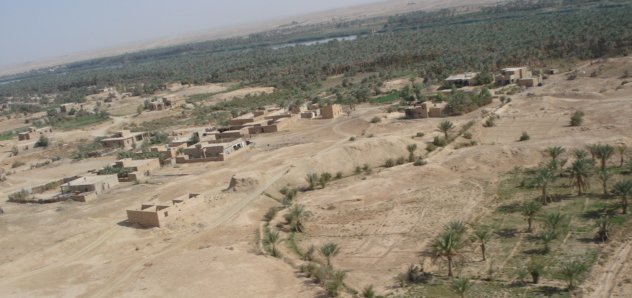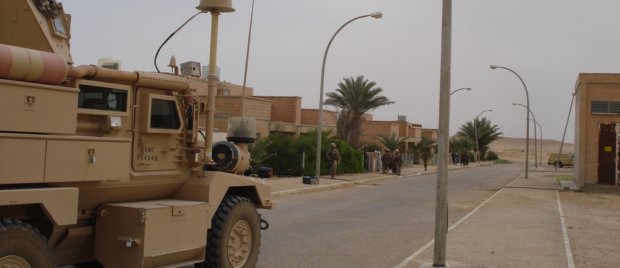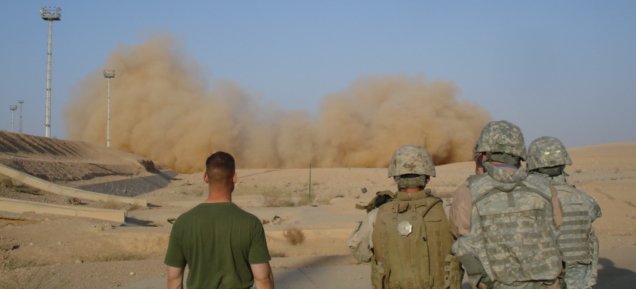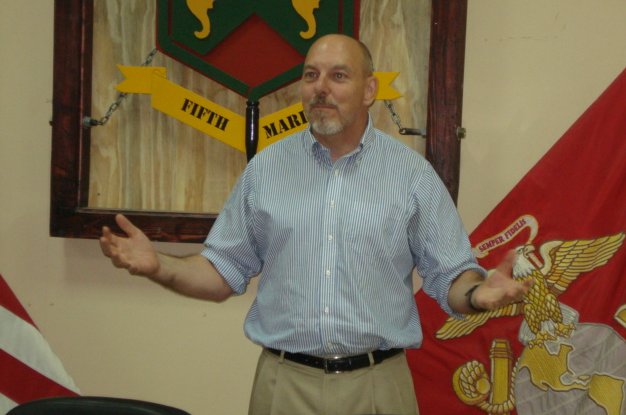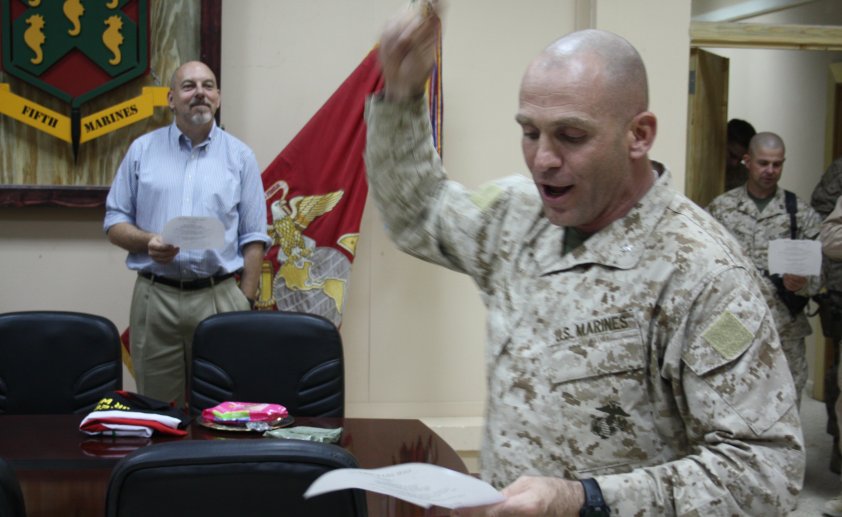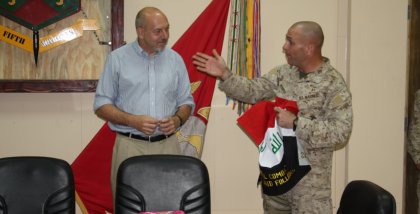Now that I am back from Iraq, where we succeeded despite the dire prediction, I see that we are now having the same sort of scare re the economy. People think it is wise to be pessimistic. They are just silly.
The good thing about the terrible predictions we constantly see and hear in the media is the most of them don’t come true. The bad thing is that we usually don’t hear that part. Somebody makes the big-bad prediction and then when it doesn’t happen, just moves on.
We are now hearing the warnings of economic Armageddon. This is not the first time we have heard it. Remember the big industry in decline and doom books during the 1980s? How about the S&L disaster that was supposed to pull us all to hell around 1990? Do you know the government actually MADE money on the S&L bailout? That contributed to the prosperity of the 1990s.
We have to go through adjustments. Systems tend to get out of whack. It is nobody’s and everybody’s fault, but we always have to look for the guilty parties. Politicans make their careers out of leading the virtual equivalent of a mob of torch and pitchfork bearing peasants against the “monster castle”. Remember the old Frankenstein movies? Now we do it online and through the media. There is always plenty of greed and stupidity to go around, but that is rarely the cause of the trouble. We will get through this if we don’t overreact and try to solve the wrong problem. Some of the early programs in the New Deal actually deepened the Depression. Strong action in the wrong direction is worse than none at all.
It is useful to remember that the property boom started in the 1990s and it didn’t start in America. Places like the UK, Australia and Spain saw property values rise before we did, and they have fallen even more in some other places. That property values could rise and fall in so many disparate places with such different regulatory regimes indicates that it was not a particularly American problem. That the boom started in the middle of the 1990s indicates that it is not merely a problem of the most current administration.
We should also remember that Freddie and Fanny were doing what their masters in Congress asked them to do – push loans to low income people. There is something about low income people that makes it harder for them to get loans. What could that be? Oh yeah – they don’t have much money. They tend to default more often. That is why Congress has to push lenders to put their money there. Why does this surprise anybody? Much of the problem is not in SPITE of the best efforts of government, but BECAUSE of it.
Despite all the gnashing of teeth and the real response that are required, prudent people were not much hurt by the swings. If you bought your home before 2005, it is likely still worth more than you paid for it. Maybe you felt richer last year, but you had paper profit. If you sold you house, it would have cost you more to buy a new one. Now both your house and the one you might want to buy are cheaper. It is a wash. If you didn’t take money out of your home with a refinance or equity loan, your payment is lower in real dollars than it was when you bought the place. Over the long run, home prices rise not much faster than inflation. In the short run they fluctuate. That is why smart people don’t speculate.
Many people have been living beyond their means. It is not a bad thing to bring them back to reality. This is not only natural, it is useful and good. I understand that the government needs to stabilize the markets, but they should avoid the moral hazard of rewarding greed & stupidity. That goes for the big guys who lend money to bad credit risks AND to the bad credit risks who are currently defaulting. The only victims in this whole thing are the good people who lived within their means, didn’t buy what they couldn’t afford and now have to bail out the deadbeats.
Remember the tale of the grasshopper and the ants. Unfortunately, in modern times the grasshopper gets a bailout, but let’s not feel sorry for him. He is still a deadbeat, not a victim.
BTW – for all the gloom re the U.S. consider this: The United States accounts for 40 percent of total world R&D spending and 38 percent of patented new technology inventions by the industrialized nations of the Organization for Economic Cooperation and Development (OECD), employs 37 percent (1.3 million) of OECD researchers [full-time employees], produces 35 percent, 49 percent, and 63 percent, respectively, of total world publications, citations, and highly cited publications, employs 70 percent of the world’s Nobel Prize winners and 66 percent of its most-cited individuals, and is the home to 75 percent of both the world’s top 20 and top 40 universities and 58 percent of the top 100.
I won’t say, “don’t worry; be happy” but the world will not end next year and we will still be #1 for a long time to come.
P.S. Take a look at this article. It seems the better things get, the more people complain.








